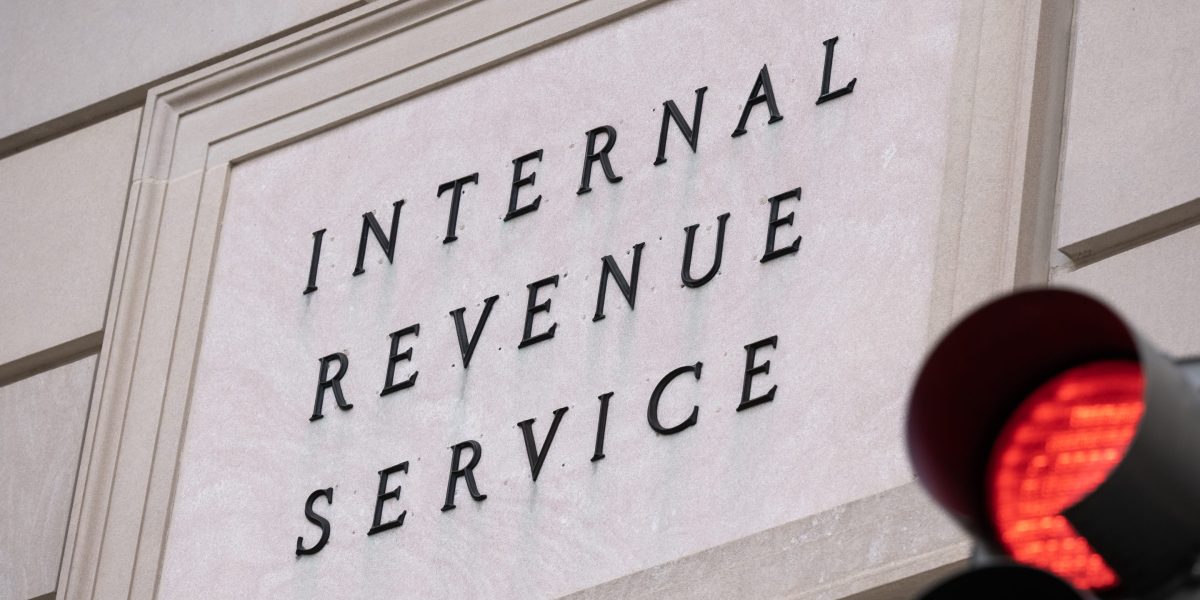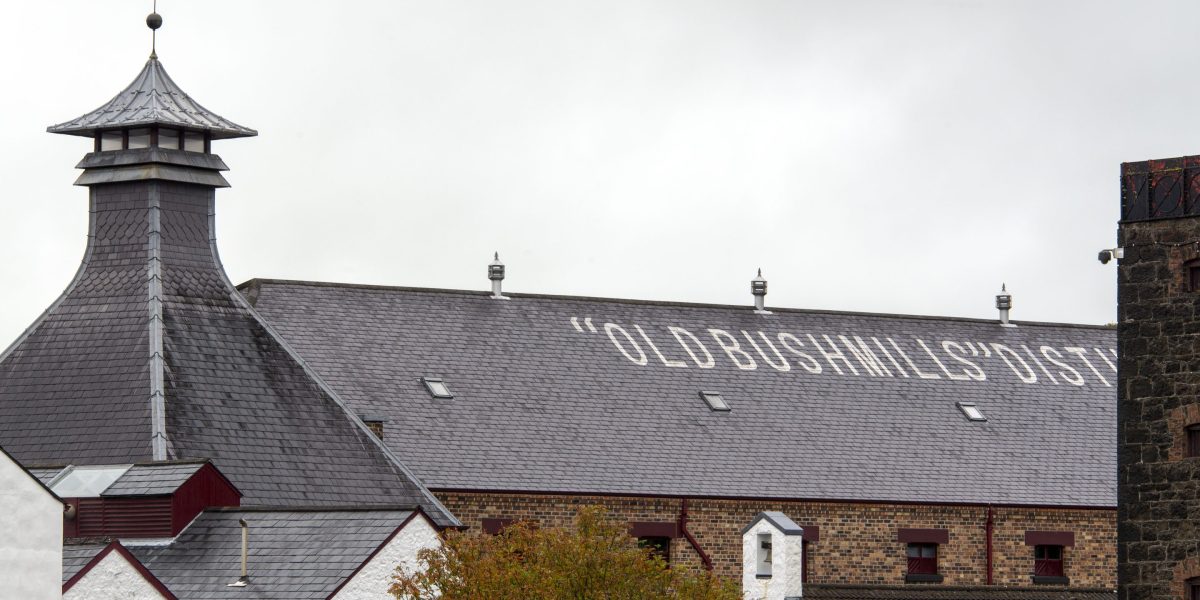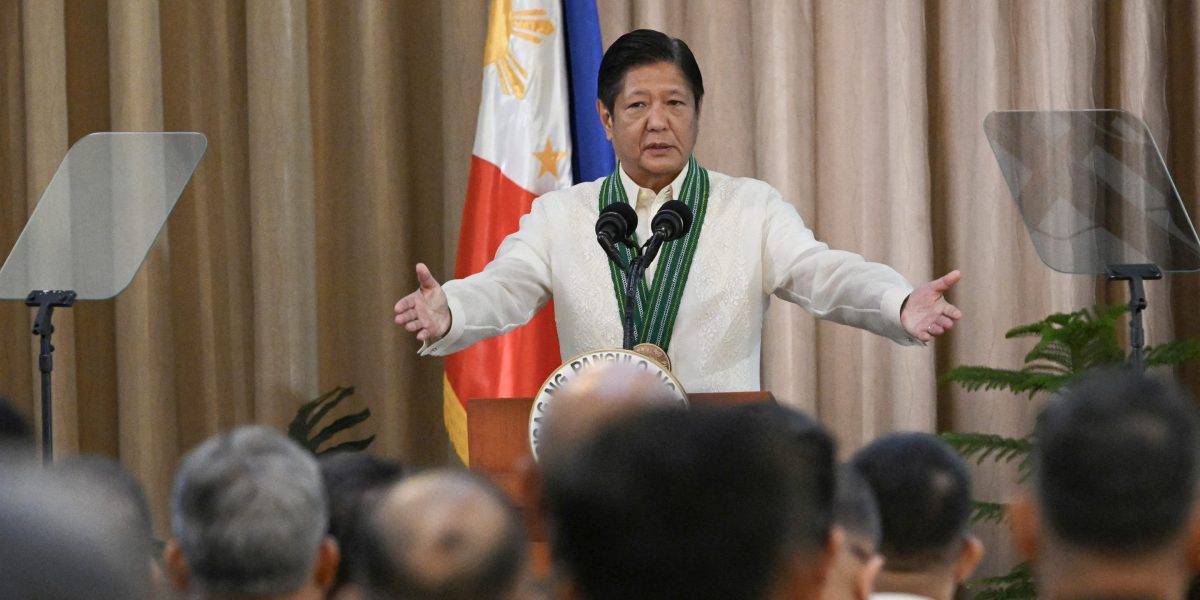As Donald Trump and his advisors concocted a global tariff plan unleashed via placard at the White House on Wednesday afternoon, little thought was probably given to Northern Ireland, a country with a population around the size of West Virginia.
However, Northern Ireland, one of the four countries that make up the United Kingdom, has been left in perhaps the most unique position of all Trump’s myriad trade targets.
The U.S. slapped the EU, and member state Ireland, with blanket 20% import tariffs, while the U.K. received 10% retaliatory duties. That has put Northern Irish exporters, namely its whiskey makers, at an advantage over its neighbors in the south.
Unfortunately for the nation with an incredibly fraught past, it also reignites tensions about its future status.
A special relationship
Northern Ireland, formed in 1921 after Ireland’s 32 counties in the south gained independence from the U.K., suffered through a three-decade-long bloody conflict called “The Troubles,” concluding with the Good Friday Agreement in 1998.
In the almost three decades since, Northern Ireland has slowly rebuilt itself with the aid of a young, cheap, educated workforce, and a hefty amount of foreign direct investment from both EU and U.S. multinationals.
Illinois-based insurance firm Allstate employs more than 2,000 people in Belfast. Meanwhile, Spirit AeroSystems, set to be acquired by Boeing, and French arms contractor Thales have extensive operations in Northern Ireland.
One outcome linked to the region’s harrowing past, and its geographical bind to the EU through Ireland, was a special exemption from the U.K.’s hard exit from the bloc in 2020. The Windsor Framework allows Northern Irish goods to travel into the EU largely tariff-free through the single market while also moving without duties into the U.K.
There are some obvious areas where Americans might turn their eyes north of Dublin as a result of Trump’s tariffs. Bushmills, a Northern Irish whiskey, is now cheaper to import than popular southern alternatives, including Jameson and Redbreast.
However, as has often been the case in Northern Ireland’s post-conflict era, the country rests on a knife-edge as bigger players decide its fate.
NI’s risks
Northern Ireland is now beholden to EU retaliation.
Northern Ireland’s special status within the U.K. means goods that enter the country from outside the EU are regarded as being “at risk” of moving into the bloc’s single market. The EU could put extra tariffs on Norhtern Irish goods bound for the bloc if it retaliates against Trump and pushes U.S. import duties higher.
That challenging quirk hasn’t been lost on Northern Ireland’s policymakers.
“Northern Ireland remains exposed to potential EU retaliation, and local businesses must not become collateral damage,” said DUP leader Gavin Robinson in a post on X.
“The Government must take urgent steps to protect Northern Ireland’s interests and ensure our place in the UK internal market is fully safeguarded.”
The question of Northern Ireland is a “complex one,” said Morgan Stanley’s chief U.K. economist Bruna Skarica in a Thursday briefing note.
If the U.K. and EU refrain from further retaliation, Northern Ireland’s largely tariff-free access to the EU should remain intact, leaving it to enjoy a new export advantage over the Republic.
“However, should the EU take action in response to US import tariffs, all goods that are subject to these EU tariffs and are brought into Northern Ireland from outside the EU could then be treated as “at risk” goods, unless exempted,” said Skarica.
Beyond Northern Ireland’s post-Brexit precarity, tariffs of any shape will make for unpleasant reading. The country is vulnerable to downstream effects of tariffs through its supply chain and wider trading links with the EU.
Trump’s tariffs are partly designed to encourage U.S. multinationals to reshore production and jobs to the U.S. There was already anxiety in Northern Ireland following Boeing’s acquisition of Spirit AeroSystems. News of fresh tariffs will do little to quell those fears.
This story was originally featured on Fortune.com
Source link


 Entertainment8 years ago
Entertainment8 years ago
 Politics8 years ago
Politics8 years ago
 Entertainment8 years ago
Entertainment8 years ago
 Entertainment8 years ago
Entertainment8 years ago
 Tech8 years ago
Tech8 years ago
 Tech8 years ago
Tech8 years ago
 Tech8 years ago
Tech8 years ago
 Politics8 years ago
Politics8 years ago






